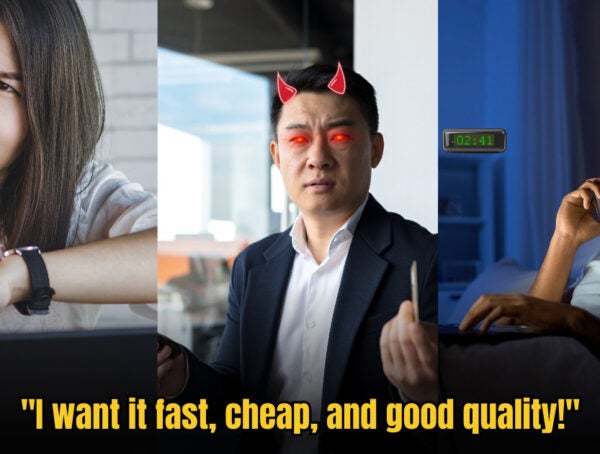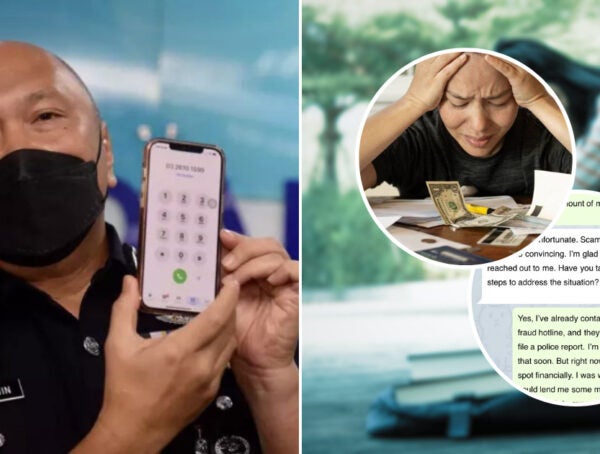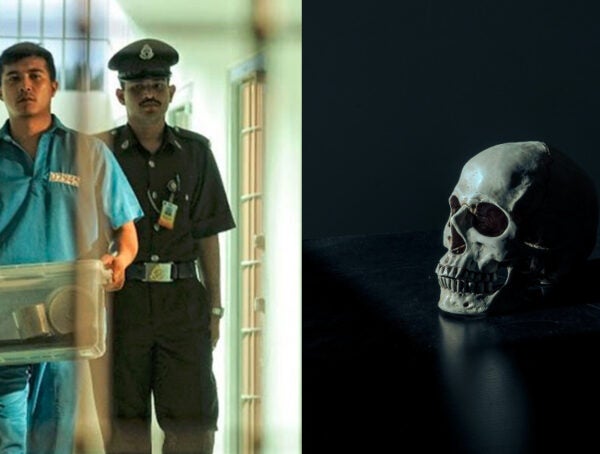Disclaimer: In Real Life is a platform for everyday people to share their experiences and voices. All articles are personal stories and do not necessarily echo In Real Life’s sentiments.
Competitive gaming or esports is now a recognized sport with tournaments, teams, legions of fans, and way too many amateurs trying to make it into the big leagues. From my days as a professional gamer to tournament organizer and now game developer, I can only honestly say that esports is easily one of the most challenging and short careers to have.
I spoke to Syafiq, now retired from esports, who is a senior marketing manager at a GLC, while pursuing his Master’s Degree (part-time), about his journey through esports.
Ready Player One: How he got started in Pro Gaming
Syafiq states that he got into esports and competitive gaming purely by accident. “I was 13, and just joined some random tournament at a CC (CyberCafe) near Sunway Pyramid,” he paused to sip his coffee, “I won, and then just kept playing, and kept competing, and kept winning.”
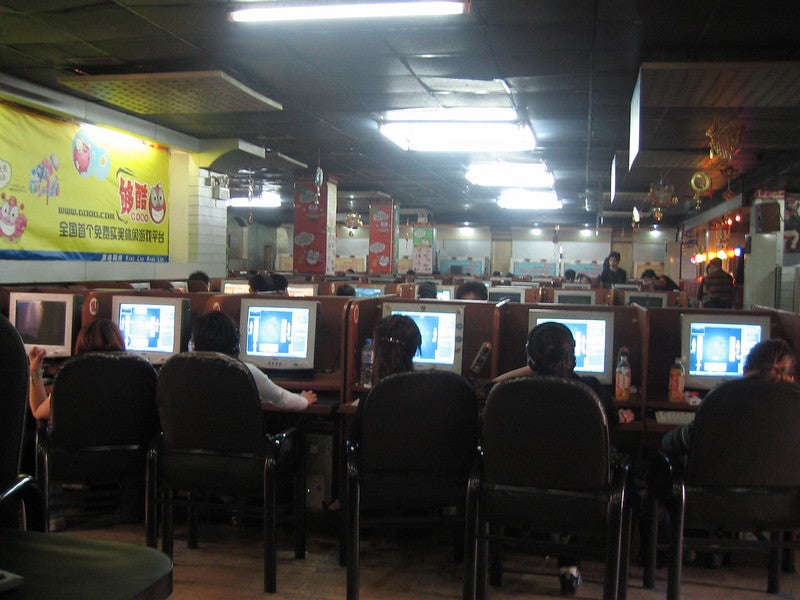
He admits that the first few years were a bit of a blur until his team placed third in the BlackShot Nationals League. Suddenly he realized he had a fan following, made some serious money, and was being scouted for a professional team.
“At that point, I was just a kid still, at 18, didn’t know what to do. My parents were going on and on about choosing what to do at university, telling me to choose between the Malaysian dream jobs – doctor, lawyer, engineer, maybe accounting, or businessman.
Making more money than your typical university student
It caused a lot of problems between his parents and him. At the time, he didn’t get it, but hindsight is perfect. The cry of many Malaysian parents today is roughly the same: “CC ke, rumah ke, main game aja!” ”
His parents still don’t like to admit that it was a profitable time and that the decision, though impulsive and definitely immature, paid off quickly. Syafiq started bringing home an average of RM3,000 a month in 2016 as a “casual competitor” in many different games.
“I got scouted by a local (now disbanded) team and started getting a salary of RM4,000 a month. That salary was BEFORE the share of tournament winnings were added, meaning if we won, we would make even MORE.”
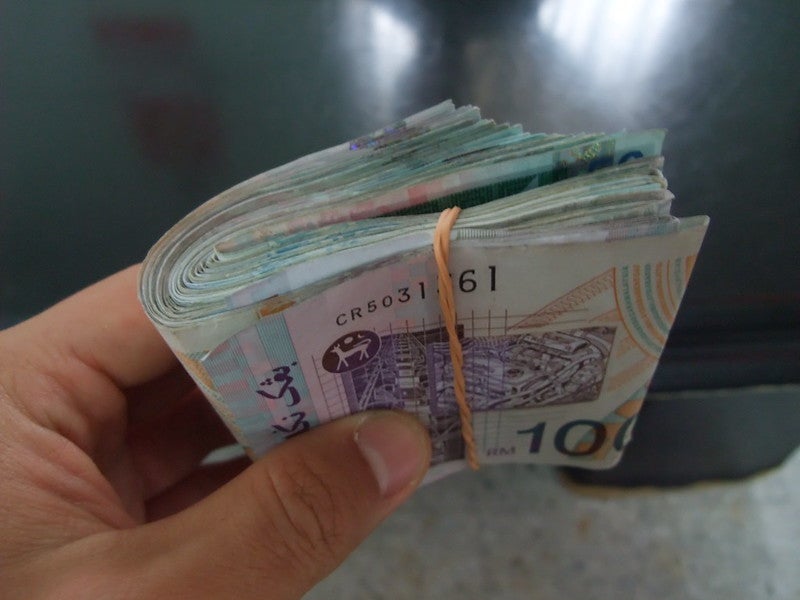
No amount of money stopped his parents’ nagging
“It was an amazing time, at least at first,” he said, “I was passionate, I was committed, I was determined, and I was ‘In it to win it, and win big.’ To be totally honest, part of it was also the fun of being able to equal parts annoy and frustrate my parents and their nagging about going to university, and getting a degree.”
He’d planned to do it for just a few months, earn some money, then acquiesce to his parents’ requests and get a degree. Instead, his winning streak continued and he kept on competing. But all the money he brought home didn’t stop mom and dad from harping on about higher education.
“Mama went as far as to try emotional blackmail, saying that I was making them (my parents) look bad and lose face in front of the extended family and even her friends and people. I didn’t want to listen to all that, because I believed in what I was doing, that I could make a career and make it big.”
Not being at the top means Game Over.
The base salary is great, and as long as you’re at peak performance, the victory bonuses are amazing. But staying at the top is always stressful: The only way to go from there is down. Only one person can win big, and a lot of people want that prize money. “The rewards suck and suck harder the further you get down the rankings”.
In the end, his body gave out: Injury removed him from the active competitor roster. Then the mental strain became too much. The decision was made, he was pulled from the active roster. For Syafiq, like many before and after him, that was it: The career was over.
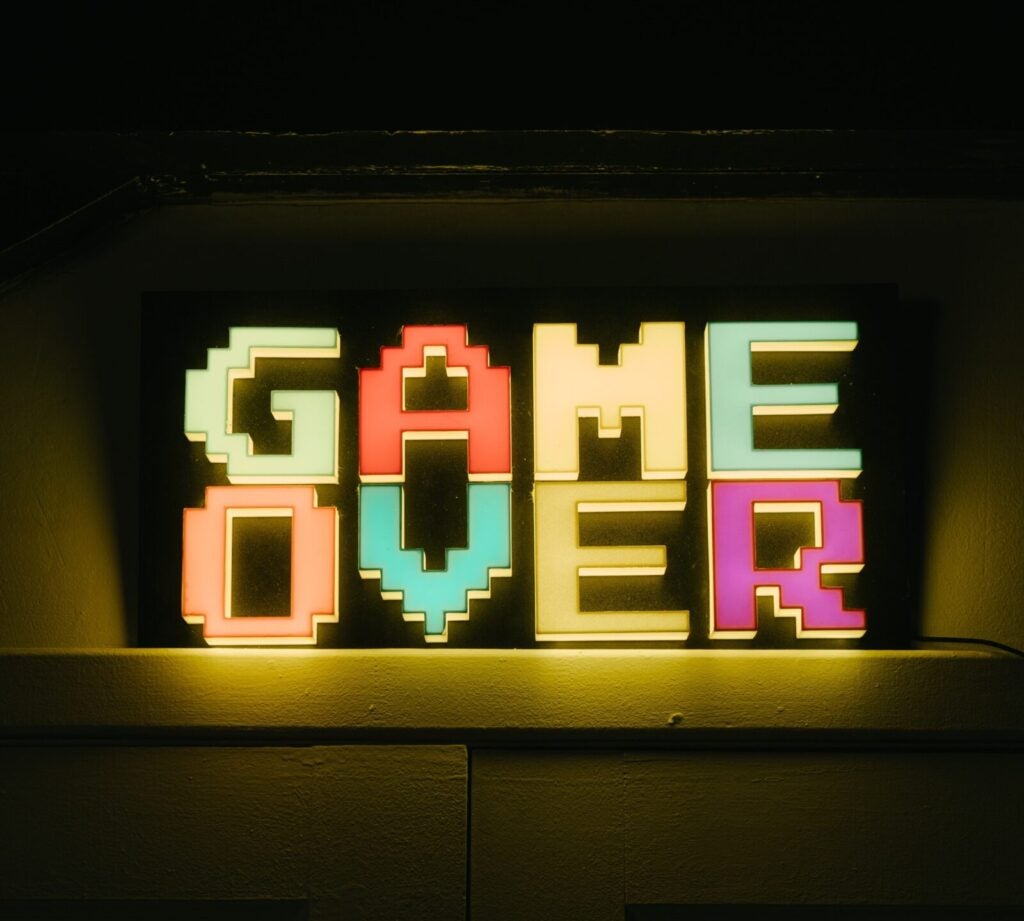
Immense physical and mental toll
Carpal tunnel syndrome in his right (mouse) wrist sidelined him, and even after surgery, physiotherapy, and wrist exercises, his wrist was never the same. “I have full mobility and range of motion. But even now, when I’m working and using a mouse, it feels like my hand is a quarter, or half a second too slow.”
He’d lost… something. Despite never giving up, always pushing forward, he wasn’t able to get his head in the game, and his performance suffered. Mentally, Syafiq started to unravel. The psychological damage piled up – Sky high stress levels, anxiety, panic attacks, and insomnia. “I was short-tempered, irritable, moody, and cranky with everyone and everything.”
Facing the end of his career
He was heartbroken and gutted when the team let him go, and he was forced to accept that the dream he had lived, chased, and fought his own family to have had just… died.
“It was crushing to be told that despite doing my best for years, everything I sacrificed had literally come to nothing in the professional gaming scene.”
Sacrificing his social life
Besides blood, sweat, a lot of tears, the physical and mental health damage, he lost friends and connections with family. “There was no balance: Eight hours of gaming six or seven days a week to compete against the best of the best.”
His social life truly suffered as non gaming friends vanished, and he missed all the last-minute things with family and friends from late-night Mamak to impromptu parties. “I didn’t lose a girlfriend or anything – but then again I didn’t even have time to have one.”

His parents had to live with the social stigma of their eldest son, not having a regular job or a university degree, regardless of his paycheck, “gamer” is not one of the Malaysian “dream jobs.” His family had to bear the humiliation of that at every Hari Raya, reunion, and gathering.
Coming “back to reality”
I only realized how much I had made after I quit, at 21 years old: Enough to pay for any four-year degree I wanted plus living expenses. No need for a scholarship or a part-time job.
When I said that I wanted to go to university, I think that did a lot to help patch up things with my parents: They were all smiles about it until I decided that I was doing Corporate Communications and Creative Multimedia.
They couldn’t protest because I was the one paying for it.
Today they can say that I’m a manager at such-and-such a company, and hold their heads up at Hari Raya.
Is Pro Gaming a good career option?
You can have a gaming career. Definitely. But to make it long-term, you have to look beyond being an esports competitor or a “pro-gamer.” That part of your career is possibly the first step, and lasts no more than 15 years before age and health catch up to you.
“If you are at least reasonably successful or not you can transition to other areas/parts of the industry. But you have to diversify your skill sets and play to your strengths. Some go into team management. Or event management. Some go streamer or caster or a mix of the two. A relevant degree can be helpful in that,” he says as deadpanned unironically as possible.
When I left competing behind, I knew I was closing a chapter of my life. But I don’t regret it. It was the stepping stone that lead me to where I am today.
Know anyone with an interesting story to share? Drop us an email at ym.efillaerni@olleh and we may feature the story!
For more stories like this, read:
From Divorce to Addiction to Recovery — The Story Of A Gaming Addict
You might also like
More from Real People
‘A RM100 fee cost a company 5 years of revenue’ shares M’sian
This story is about a Malaysian who learned that bureaucracy can be defeated simply by not arguing with it.A billing …
‘I quiet-quit, upskilled, and tripled my salary,’ shares M’sian engineer
This story is about a Malaysian who learned that loyalty without leverage leads nowhere in the corporate world.After years of …
‘I did everything right, and it still wasn’t enough’ shares M’sian graduate
This story is about a Malaysian graduate navigating big dreams in a job market where a degree no longer guarantees …






